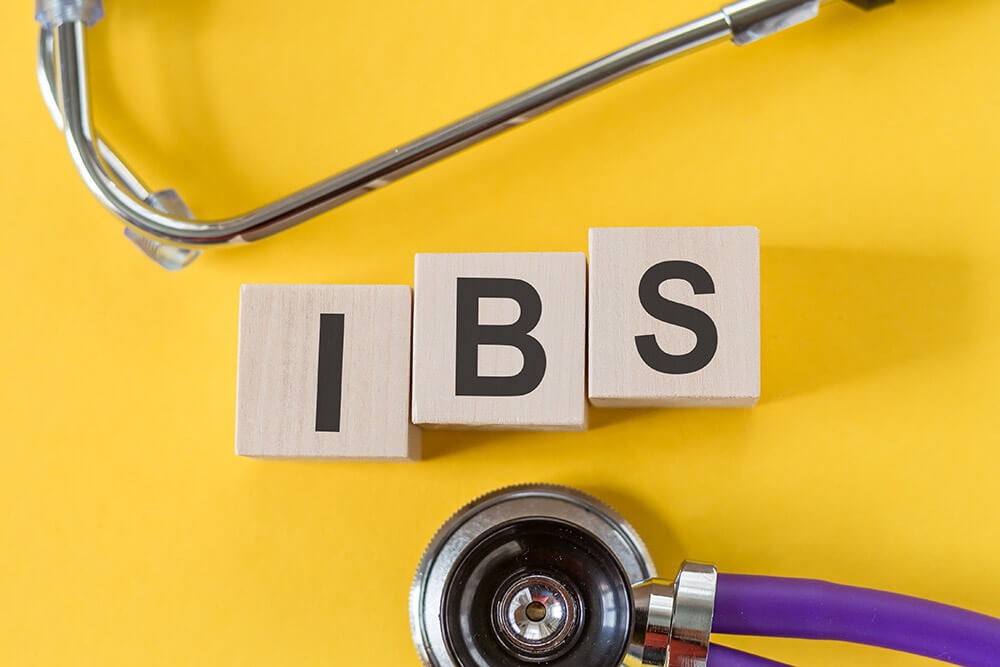What Is Cirrhosis?
Cirrhosis is a liver disease. It happens when healthy liver tissue is replaced by scar tissue. This makes it hard for your liver to work properly.
ICD-10 Code: K74.60
If the damage is severe, it's called stage 4 cirrhosis.
Common Causes and Risk Factors
- Chronic alcohol use (alcoholic cirrhosis)
- Chronic viral hepatitis (hepatitis B or C)
- Nonalcoholic fatty liver disease (NAFLD)
- Genetic disorders (hemochromatosis, Wilson's disease)
- Long-term bile duct obstruction (primary biliary cholangitis, primary sclerosing cholangitis)
Signs and Symptoms
- Feeling tired
- Poor appetite or weight loss
- Yellow skin or eyes (jaundice)
- Swelling in the belly or legs (ascites or edema)
- Easy bruising or bleeding
- Dry or itchy skin
How Dr. Rishi Diagnoses Cirrhosis
Dr. Chadha uses a simple process:
Consultation and Physical Exam
He starts by talking with you about your symptoms and performs a physical examination to look for signs of liver disease like swelling or jaundice.
Blood Tests
These check your liver enzymes, bilirubin levels, and other markers to assess how well your liver is working.
Imaging Tests
Ultrasound or other imaging scans help visualize liver size, texture, and detect possible scarring or complications.
Liver Biopsy (if needed)
In some cases, a small tissue sample from the liver is taken to confirm cirrhosis or evaluate its severity.
Frequently Asked Questions
1. When should I see a liver specialist?
If you have signs like yellow skin, belly swelling, or confusion, see a doctor right away.
2. Can cirrhosis be cured?
Early stages may improve with treatment. Advanced stages need ongoing care to manage symptoms.
3. What is the ICD-10 code for cirrhosis?
The general ICD-10 code is K74.60. If alcohol is the cause, the code is K70.30.
4. Do I need a liver transplant?
Dr. Chadha will check your symptoms and test results to decide if a transplant is needed.
5. Is alcohol always the cause?
No. Cirrhosis can also be caused by hepatitis, fat buildup (NAFLD), or inherited conditions.
6. Do treatments have side effects?
Yes. Some people feel dizzy or lose too much salt. Dr. Chadha will monitor you closely.
7. How often are checkups needed?
Most patients need checkups every 3 to 6 months based on their liver health.
8. What is stage 4 cirrhosis?
It's the most advanced stage, where the liver is badly scarred and doesn't function well.
9. Can I still be active?
Yes, with guidance. Dr. Chadha will help you find safe ways to stay active and feel better.
10. What are the signs that cirrhosis is getting worse?
New or worsening swelling, confusion, bleeding, or fatigue may mean it's time for more care.











